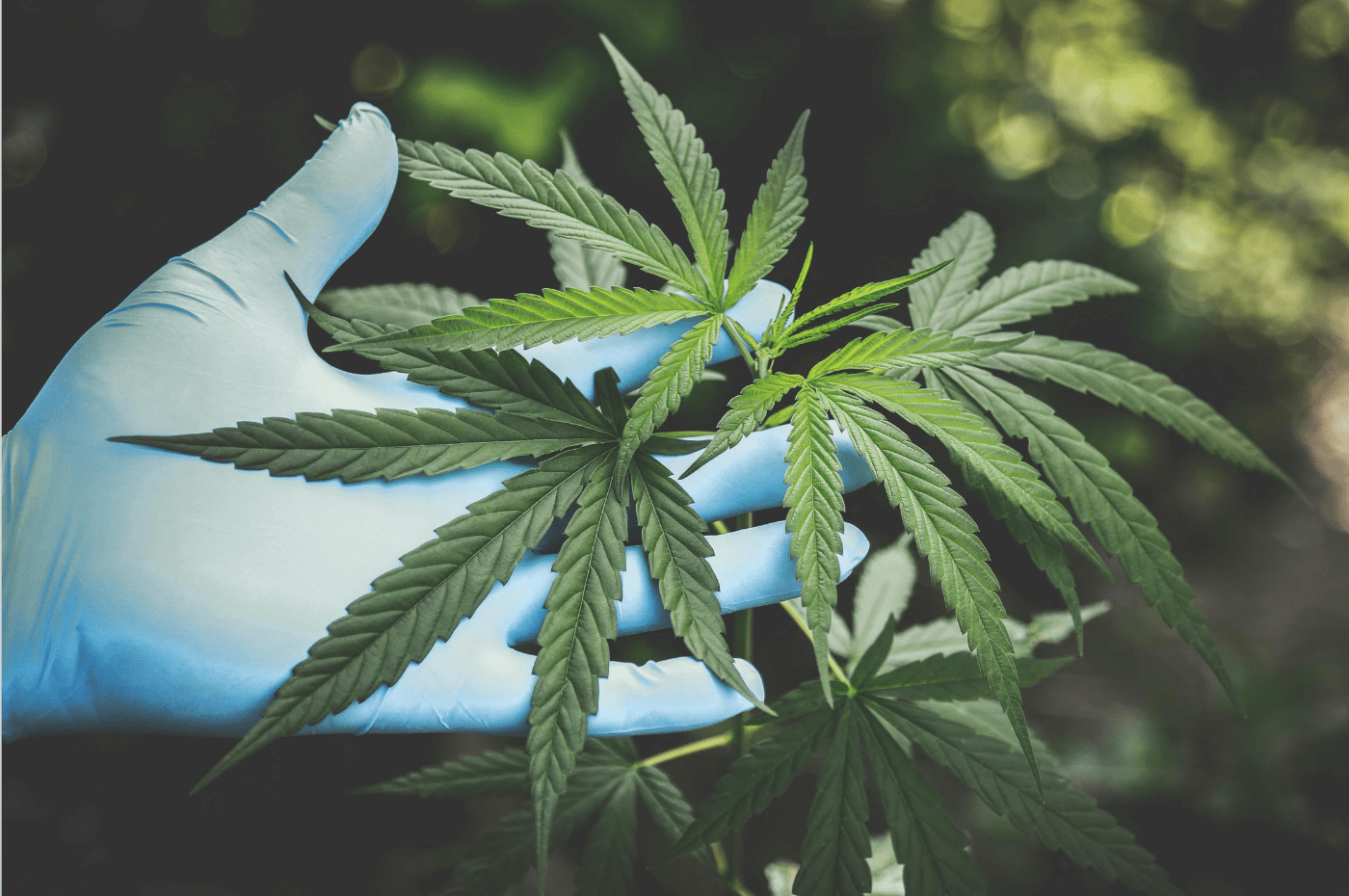The medical use of marijuana, also known as medical cannabis, has garnered significant attention worldwide. While countries like the United States, Canada, and several European nations have legalized medical marijuana, in India, the conversation is still evolving. Marijuana remains a controlled substance under the Narcotic Drugs and Psychotropic Substances (NDPS) Act, 1985, making its recreational use illegal. However, India has a long-standing tradition of using cannabis for medicinal and spiritual purposes, and some forms of cannabis-derived products are used legally in ayurvedic medicine.
Pros of Medical Marijuana
Pain Management
Medical marijuana shows potential as a pain relief option for patients suffering from chronic pain, especially in cases where conventional treatments have proven ineffective. Compounds like THC (tetrahydrocannabinol) and CBD (Cannabidiol) interact with the body’s endocannabinoid system, potentially providing pain relief.
- Chronic Pain: Cannabis may reduce neuropathic (nerve-related) pain, which can be difficult to manage with traditional medications.
- Multiple Sclerosis: Research suggests that cannabis can help relieve pain and spasticity for patients with multiple sclerosis.
Appetite Stimulation
Medical marijuana is often used to stimulate appetite in patients experiencing severe weight loss due to conditions like cancer and HIV/AIDS. In India, where malnutrition can be a concern for patients undergoing intensive treatments, this benefit could be valuable. THC, the psychoactive component of cannabis, is known to increase appetite, which may help patients maintain healthy weight levels.
Nausea and Vomiting Relief
In the context of cancer treatment, medical marijuana has shown promise in managing nausea and vomiting associated with chemotherapy. Some synthetic cannabinoids are used in Western medicine, but in India, traditional remedies may be preferred due to cultural acceptance. However, medical marijuana could potentially be a valuable alternative in healthcare facilities specializing in cancer care.
Mental Health Benefits
Preliminary research indicates that cannabis may have benefits for mental health disorders, particularly anxiety and depression. In India, where access to mental health resources is limited, cannabis-based treatments could supplement existing therapies. However, this area requires more research specific to the Indian population.
- Anxiety and Depression Relief: Cannabidiol may have calming effects that can help alleviate symptoms of anxiety and depression.
- PTSD (Post-Traumatic Stress Disorder): Medical marijuana may also help people manage symptoms of PTSD, such as insomnia and intrusive thoughts.
Seizure Disorders
In 2018, the United States approved Epidiolex, a CBD-based medication, to treat severe forms of epilepsy. In India, where epilepsy remains a challenging condition to treat due to a lack of advanced medicines, cannabis-derived treatments could offer a breakthrough for patients with treatment-resistant epilepsy.
Reduced Dependency on Opioids
In countries grappling with opioid addiction, medical marijuana is seen as a safer alternative for pain management. While India does not have a significant opioid crisis, some patients may be at risk of addiction to painkillers. Cannabis is not associated with fatal overdoses, and emerging research suggests that access to medical marijuana could reduce opioid dependence.
Alternative Forms of Consumption
Medical cannabis comes in various forms, including oils, tinctures, capsules, edibles, and topicals, offering options beyond smoking. In India, where smoking may carry a social stigma, non-smoking methods make cannabis more accessible to patients seeking medicinal benefits without the health risks of inhalation.
Cons of Medical Marijuana
Addiction and Dependency Risks
Marijuana is not without risks; about 9% of users may develop Cannabis Use Disorder (CUD), particularly those who start using it at a young age. For patients in India, where awareness about addiction risks may be limited, the potential for dependency could be a significant concern. Patients may experience withdrawal symptoms like irritability and insomnia when they stop using it, especially if it has been used frequently or in high doses.
Mental Health Side Effects
While medical cannabis may benefit some patients, it can also lead to adverse effects in others. High doses of THC can increase the risk of anxiety, paranoia, and psychosis, particularly in those predisposed to mental health disorders. There is evidence linking heavy cannabis use to psychiatric conditions like schizophrenia in vulnerable individuals. Given the importance of mental health awareness in India, this is a factor that should be carefully considered.
Cognitive Impairment
Long-term marijuana use can affect cognitive functions, particularly among young people. This includes:
- Memory Loss: Cannabis may impact short-term memory and the ability to retain information.
- Attention Deficits: Frequent use could reduce focus and concentration.
- Delayed Reaction Time: This poses a risk for activities requiring quick reflexes, such as driving or operating machinery, which can increase the risk of accidents.
Respiratory Issues
For individuals who smoke cannabis, there are risks similar to those associated with smoking tobacco, such as chronic bronchitis and lung irritation. Though cannabis smoke contains fewer carcinogens than tobacco, it still carries respiratory health risks. In India, where tobacco-related health issues are already prevalent, this is an important factor to consider.
Potential for Overuse and Abuse
As cannabis becomes more accessible, the potential for abuse increases, especially among young adults. Cannabinoid Hyperemesis Syndrome (CHS), which causes severe nausea and vomiting, has been observed in long-term, heavy cannabis users. Overuse could lead to health complications, particularly in a society where healthcare access is inconsistent.
Impact on Youth and Brain Development
Young people under 25 are especially susceptible to the negative effects of cannabis on brain development. Studies suggest that early and frequent use of cannabis may lead to:
- Reduced IQ: Adolescents who use cannabis heavily may experience a decline in IQ.
- Impaired Executive Function: Skills such as planning, decision-making, and impulse control may be affected.
- Increased Risk of Addiction: Early exposure to cannabis is associated with a higher likelihood of developing dependency issues.
Limited Research and Quality Control Issues
As a Schedule I substance, marijuana research has been restricted in many countries, including India, limiting understanding of its long-term effects and therapeutic benefits. The quality of cannabis products can vary significantly, and without standardized regulations, patients might be exposed to inconsistent dosages or impurities. Ensuring quality control and consistent potency is a challenge that India would need to address if it legalizes medical marijuana.
Exploring Ethical & Social Considerations in Medical Marijuana Use
Accessibility vs. Public Health Concerns
Proponents argue that medical marijuana should be accessible to patients as a matter of personal choice. However, critics warn that increased access could lead to misuse, particularly among young people. Balancing accessibility with the need to protect public health is a challenge that policymakers must address.
Regulation and Decriminalization
In India, cannabis regulation remains a sensitive issue due to cultural, social, and religious factors. Some advocate for regulated medical marijuana use, which would allow safe access for patients while maintaining control over distribution. However, opponents argue that any form of legalization could signal societal acceptance, leading to increased use and potential health risks.
The debate around the medical use of marijuana in India is complex, with both promising benefits and notable risks. For patients suffering from chronic pain, epilepsy, or treatment-resistant conditions, medical marijuana may offer a valuable alternative. However, the potential for addiction, mental health risks, and cognitive impairment, particularly among young users, raises significant concerns.
If India considers legalizing medical marijuana, it will be essential to conduct rigorous research, establish clear dosage guidelines, and implement quality control standards to ensure patient safety. Balancing accessibility for those who genuinely benefit from cannabis with safeguards to prevent misuse will be critical.





Leave a comment
All comments are moderated before being published.
This site is protected by hCaptcha and the hCaptcha Privacy Policy and Terms of Service apply.